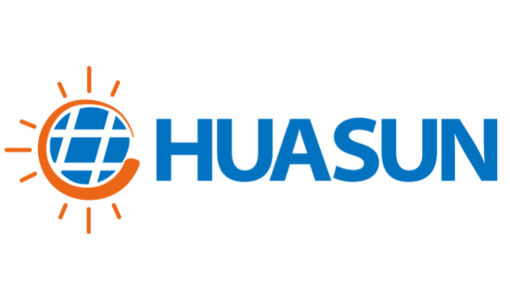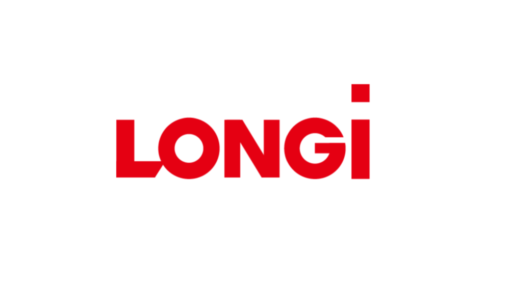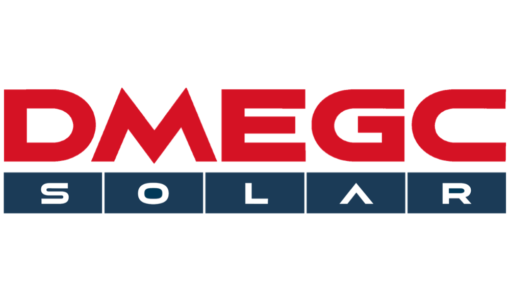- The German government’s coalition members have achieved a consensus on the Solar Package I
- It aims to boost solar installations and reduce barriers to large and distributed solar by easing permitting
- A separate auction will be introduced for agrivoltaics, floating PV, moorland PV and parking lots will be introduced
- The package does not touch upon the demand for incentives for the local manufacturing industry
The German coalition government has reached an agreement over the legislative reforms for the country’s flagship solar support program Solar Package I through which it aims to accelerate solar PV deployment to meet climate targets. It is now expected to be cleared by the German Parliament Bundestag within 2 weeks.
The package was approved by the government in August 2023. However, the 3-party coalition had differences on some of the measures that have now been resolved.
The German solar association BSW Solar says that with the package cleared, barriers to its proliferation have been addressed. Plug-and-play balcony solar systems will be easier to install. The community solar model also gets a boost to enable solar power from a single building to be supplied to several private or commercial electricity consumers.
Construction of solar power plants with capacities ranging from 40 MW to 750 MW will be easier, including for businesses.
Solar power plants on open spaces, eligible for funding, can have an installed capacity of up to 50 MW, as against 20 MW now. Agricultural land in disadvantaged areas can also be used for solar installations ‘more easily.’
BSW says, “The use of agricultural land for solar power generation will be limited to a maximum of 80 gigawatts by 2030 (equivalent to around 0.5 percent of the agricultural area in Germany).”
The package will also introduce a separate auction for the open space solar category for special solar systems like on agricultural land, water bodies, moorland, and parking lots to further increase the efficiency of land use.
Simplified grid connection for PV systems of up to 10.8 kW capacity, as introduced in EEG 2023, will be expanded to PV systems up to 30 kW. In the absence of the grid operator’s response to the grid connection request within 4 weeks, the systems will be free to connect to the grid.
Germany exited 2023 with well over 14 GW annual installed solar PV capacity. It targets to achieve 215 GW on a cumulative basis by 2030. With Solar Package I getting the green signal, BSW expects further market growth going forward.
Nonetheless, the association expressed disappointment over the non-inclusion of resilience bonuses and the lack of investment incentives for the local manufacturing industry.
It says, “In the tough location competition with Asia and the USA for the solar factories of the future, an opportunity for a renaissance of the solar industry in Germany and for more security in the supply of key solar technology components has been lost.”
With no regulatory support coming and unable to meet the Chinese module prices, Meyer Burger recently shut down its module fab in Germany. Solarwatt and Energieversum also had to lay off staff in the face of declining demand for German-made modules (see German Solar Industry Facing Challenging Times).















